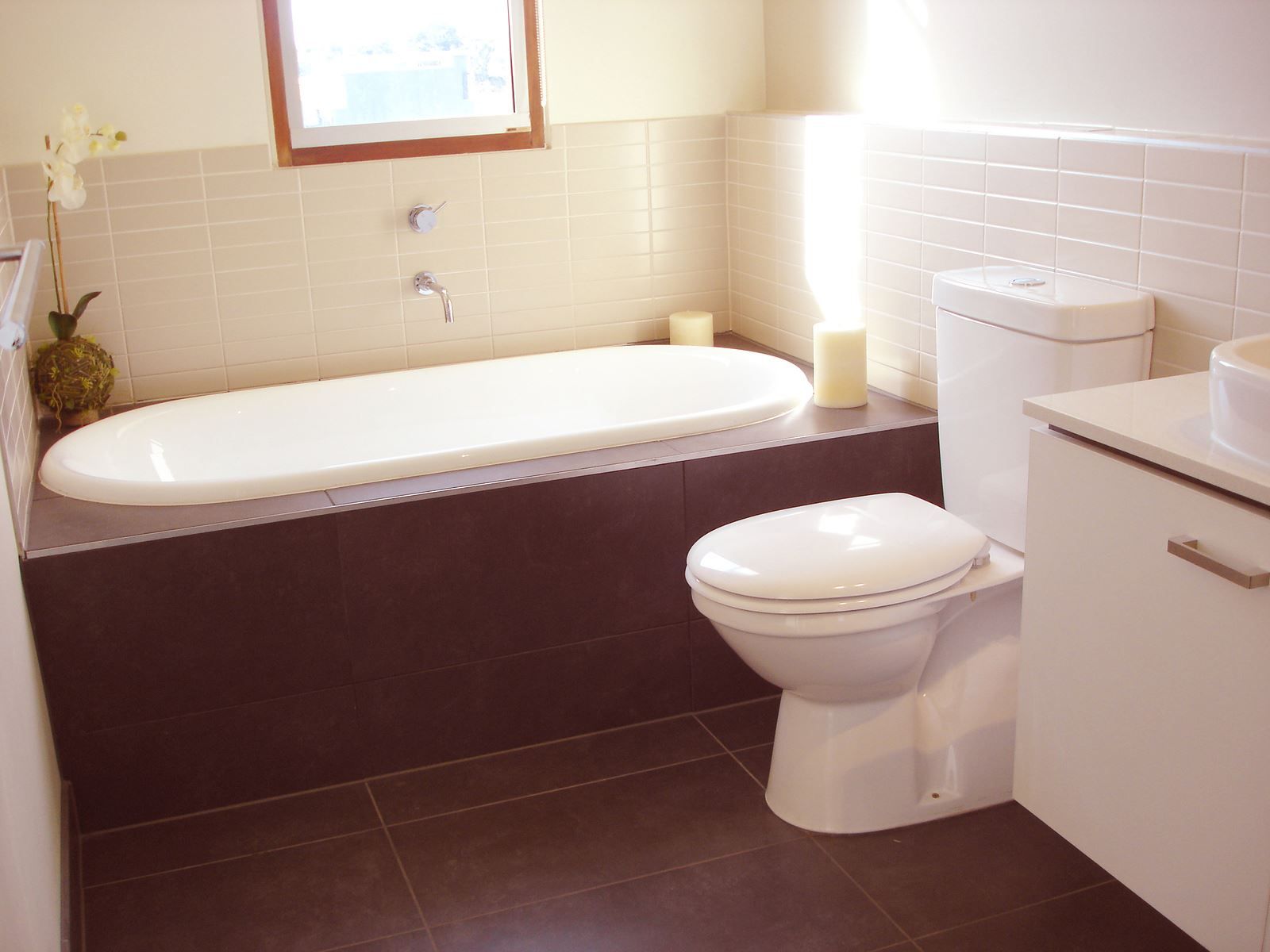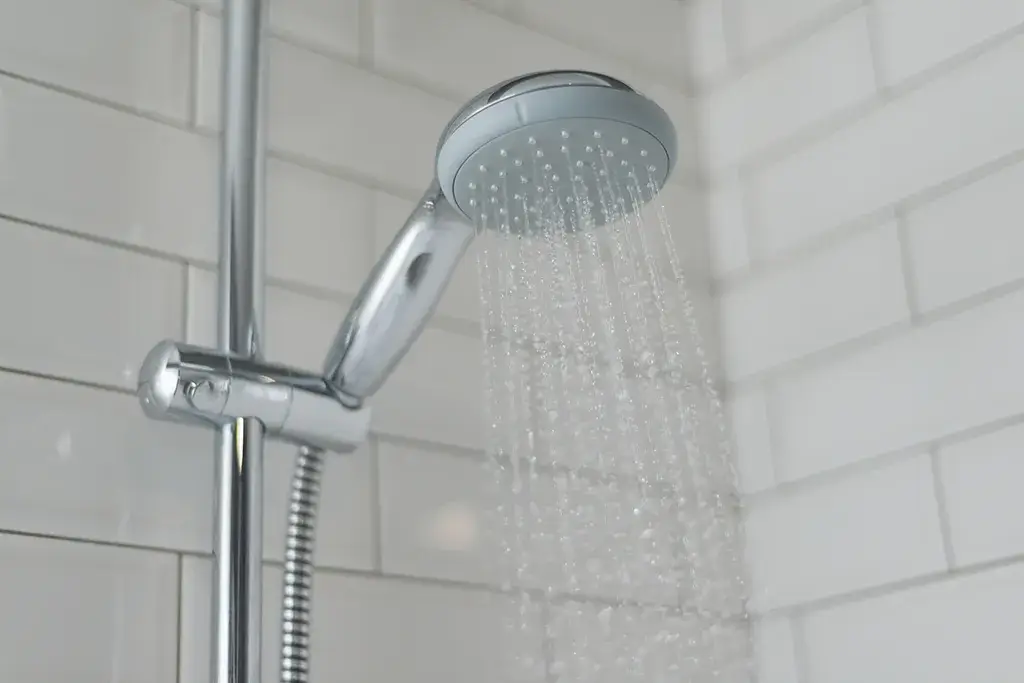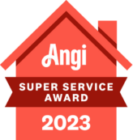At Steve’s Plumbing & AC Service, we understand how crucial a well-functioning air conditioner is in our tropical paradise of Hawaii.
Lately, have you noticed your air conditioner turning on and off more frequently? This phenomenon, known as short cycling, is not just an inconvenience; it can significantly impact your comfort, the efficiency of your AC unit, and your utility bills.
With our deep understanding of Hawaii’s unique climate and the specific needs of our local communities, we’re here to guide you through identifying, fixing, and preventing short cycling of your AC unit.
How to Identify Short Cycling on Your AC
Recognizing short cycling in your air conditioning system is the first step toward ensuring the comfort and efficiency of your Hawaiian home. Here’s how you can identify if your AC unit is experiencing short cycling:
Observing Cycle Frequency: One of the most apparent signs of short cycling is when your AC unit turns on and off more frequently than it used to. Typically, an AC should run for substantial periods, not just a few minutes at a time. Keep an eye on the duration of each cooling cycle.
Temperature Fluctuations at Home: If you start noticing that different areas in your home have varying temperatures, or the overall indoor climate seems less stable, it could be a sign of short cycling. This is especially noticeable in the varied microclimates of islands like Maui or Oahu.
Unusual Humidity Levels Indoors: Given our island’s natural humidity, a well-functioning AC should help maintain comfortable humidity levels indoors. If your house feels more humid than usual, it might indicate that your AC isn’t running long enough to properly dehumidify the air.
Unexpected Increase in Energy Bills: An unexplained rise in your energy bills can be a telltale sign. Short cycling demands more power due to the AC frequently starting and stopping, which is less energy-efficient than a steady operation.
Listening for the AC’s Operation Sounds: Simply paying attention to the sound of your AC can reveal short cycling. If it seems like your unit is constantly kicking on and then shutting down soon after, it’s likely experiencing short cycling.
Smart System Notifications: For those with more advanced AC systems in their Hawaiian homes, be mindful of any notifications or error messages. These can often indicate performance issues, including short cycling.
Being aware of these indicators is vital for maintaining the efficiency and longevity of your AC, particularly in Hawaii’s unique environment. By staying alert to these signs, you can proactively manage potential short cycling issues.
Identifying the Root Causes of AC Short Cycling
Understanding the underlying reasons for short cycling in your air conditioning unit is essential for effective resolution. Here’s a deep dive into the common culprits, especially considering Hawaii’s unique climate and environmental factors:
Incorrectly Sized AC Units for Hawaiian Homes: In Hawaii, where living spaces range from cozy beachfront cottages to expansive villas, having an AC unit that’s properly sized is crucial. An oversized unit cools your space too quickly and shuts off, only to restart soon as the temperature slightly rises. This frequent stopping and starting is a classic case of short cycling. Conversely, an undersized unit can also short cycle as it struggles to cool a larger space than it’s designed for.
Refrigerant Level Imbalances: Refrigerant is the key component that cools the air in your AC system. In Hawaii’s humid and salty air environment, refrigerant lines can be more susceptible to leaks or corrosion, leading to an imbalance. An AC unit with too little refrigerant will work harder to cool your home, causing it to shut off and restart frequently as it struggles to maintain the desired temperature.
Thermostat Issues Specific to Island Living: The placement and functioning of your thermostat play a pivotal role in how your AC operates. If a thermostat is exposed to direct sunlight, particularly common in the naturally sunny rooms of Hawaiian homes, or if it’s near a kitchen or other heat sources, it can misread the actual ambient temperature. This misreading leads to the AC turning on and off more frequently than needed.
Airflow Obstructions and Filter Clogs: The trade winds and ocean breezes in Hawaii can carry more airborne particles like salt and dust. When these particles accumulate in the AC filters or ducts, it restricts airflow. This restriction can cause the AC unit to overheat and turn off prematurely to avoid damage.
Electrical Complications in Island Settings: Electrical issues, such as faulty wiring or inconsistent power supply, which can be a concern in more remote or rural areas of the Hawaiian islands, can lead to irregular AC operation. Such issues often result in the AC unit not receiving a steady flow of electricity, causing it to cycle on and off unpredictably.
Coil Freezing Due to High Humidity: The high humidity levels typical in Hawaii can lead to the evaporator coils in your AC unit freezing over. When the ice on the coils melts, it causes periods of non-operation, followed by short bursts of cooling as the unit tries to regulate itself.
By identifying these common causes, homeowners in Hawaii can better understand why their AC units might be short cycling. Each of these issues requires a specific approach to resolve, ensuring the longevity and efficiency of your air conditioning system.
Troubleshooting Solutions for AC Short Cycling in Hawaiian Homes
Addressing Incorrectly Sized AC Units:
Assessment: The first step is to assess whether your AC unit is appropriately sized for your space. This involves considering the square footage, ceiling height, window size, and even the level of insulation in your home.
Solution: If you determine that your AC is incorrectly sized, the most effective solution is to replace it with a unit that’s better suited to your home’s needs. Steve’s Plumbing & AC Service offers professional sizing and installation services to ensure optimal efficiency and comfort.
Resolving Refrigerant Level Imbalances:
Detection: Check for signs of a refrigerant leak, such as ice buildup on the AC unit, hissing sounds, or a noticeable decrease in cooling efficiency.
Repair: Dealing with refrigerant requires expertise due to its hazardous nature. Contact a professional to repair any leaks and recharge the refrigerant to the correct level. Regular maintenance can also help prevent future leaks.
Correcting Thermostat Issues:
Relocation or Shielding: If your thermostat is in a spot that gets direct sunlight or is near other heat sources, consider relocating it or providing a shield to avoid false temperature readings.
Calibration Check: Ensure your thermostat is properly calibrated. Sometimes, a simple recalibration can fix short cycling issues. Upgrading to a smart thermostat can also offer more precise control and even adapt to the unique temperature variances in your Hawaiian home.
Clearing Airflow Obstructions and Filter Clogs:
Regular Cleaning: Regularly clean or replace your AC filters, especially considering Hawaii’s unique environment where filters can clog more quickly.
Duct Inspection: Have your ductwork inspected for any blockages or leaks. Ensuring proper airflow throughout your AC system is key to preventing overheating and short cycling.
Fixing Electrical Complications:
Safety First: Before attempting any electrical troubleshooting, ensure all power to the unit is turned off.
Circuit Check: Inspect your AC’s circuit breaker for any trips. If it’s a recurring issue, it’s likely a sign of a deeper electrical problem.
Professional Inspection: Due to the complexity and risk involved, electrical issues should be addressed by a qualified technician. Regular electrical maintenance can prevent many common problems.
Dealing with Coil Freezing:
Improving Airflow: Check and clean your AC’s filters and ensure all vents are unobstructed to improve airflow.
Humidity Control: In Hawaii’s humid climate, using a dehumidifier in conjunction with your AC can prevent coil freezing.
Professional Defrosting: If your coils are already frozen, turn off the unit to allow them to defrost. If freezing is a frequent issue, a professional can check for underlying problems like a malfunctioning blower fan or low refrigerant levels.
By methodically troubleshooting each of these common causes, you can effectively address short cycling in your air conditioner. Remember, regular maintenance is key, especially in Hawaii’s unique climate, and for complex issues, don’t hesitate to contact the experts at Steve’s Plumbing & AC Service.
Strategies for Maintaining Your AC System to Prevent Short Cycling
In Hawaii, where the climate can challenge even the best air conditioning systems, taking proactive steps to prevent short cycling is crucial. This section offers tailored strategies to keep your AC running smoothly, avoiding the common pitfalls that lead to short cycling.
Establish a Customized Maintenance Plan:
Personalized Approach: Understanding that Hawaii’s climate can be tough on AC systems, a personalized maintenance plan is essential. This plan should cater specifically to the environmental demands and the unique usage patterns of your home.
Seasonal Check-Ups: We recommend seasonal maintenance check-ups to ensure your system is ready for the varying weather conditions of the islands. This includes tasks like inspecting coolant levels, checking system controls, and cleaning coils.
Maintenance Checklist: A checklist of key maintenance tasks, unique to Hawaii’s environment, will be provided to keep your system in top shape. This might include regular filter changes, duct inspections, and checks for corrosion due to salt air.
Ensuring AC System Compatibility with Your Home:
Harmonizing System and Home Design: The AC system should harmonize with your home’s unique architecture and the varying environmental conditions across the Hawaiian Islands.
Consultation Services: Steve’s Plumbing & AC Service offers specialized consultation to evaluate and recommend the best AC options tailored to individual homes, ensuring optimal performance and comfort.
Advanced Thermostat Usage for Optimal Performance:
Programming and Placement: Gain insights on advanced thermostat usage, including programming tips for efficiency and advice on optimal placement to avoid false readings due to Hawaii’s unique indoor-outdoor living spaces.
Adaptive Thermostats: Consider upgrading to newer thermostat models that can adapt to Hawaii’s variable microclimates, offering more precise temperature control and better overall performance.
Adapting to Hawaii’s Natural Elements:
Protecting Against Local Elements: Guidance will be provided on protecting AC units from Hawaii-specific natural elements like ocean spray, volcanic ash, and intense sunlight.
Home Modifications: Advice on home modifications or protective measures to shield AC units from these environmental factors, ensuring longer system life and better efficiency.
Homeowner Awareness and Education:
Recognizing Efficiency Signs: Educate yourself on the signs of an efficient versus a struggling AC system. Understanding these nuances helps in early detection of potential issues.
Proactive Observation: Be proactive in observing your AC’s performance. Promptly responding to any unusual behavior is key, especially in the diverse climates of the Hawaiian Islands.
Air Circulation Best Practices:
Optimizing Airflow: Learn the best practices for maintaining optimal air circulation within Hawaiian homes, considering their typical layouts and design features.
Strategic Interior Arrangements: Discuss the importance of strategic interior arrangements and ventilation strategies to ensure unobstructed airflow and efficient AC operation.
Adopting Energy-Smart Habits:
Energy-Saving Practices: Share habits that are particularly effective in Hawaiian homes for energy saving, such as utilizing natural ventilation during cooler periods and managing sunlight exposure through shading or reflective materials.
Enhancing AC Efficiency: These habits not only conserve energy but also enhance the efficiency of your AC system, helping to prevent the system from overworking and short cycling.
By implementing these strategies, you can significantly reduce the chances of short cycling, extending the life and efficiency of your AC system. Up next, we will discuss when and why it’s crucial to call in professionals like Steve’s Plumbing & AC Service for expert assistance. Stay tuned for insights on leveraging professional expertise to maintain your cooling system.
Your Partner in Keeping Cool – Steve’s Plumbing & AC Service
As we wrap up our comprehensive guide on understanding, troubleshooting, and preventing AC short cycling, we hope you’ve gained valuable insights to keep your home comfortable and your AC system running smoothly. Remember, while some issues can be handled through DIY methods, certain situations call for professional expertise.
That’s where Steve’s Plumbing & AC Service comes in. We’re not just experts in diagnosing and fixing short cycling issues; we’re your partners in ensuring your air conditioning system is always at its best. Whether it’s routine maintenance, emergency repairs, or a full installation, our team is equipped with the knowledge, skills, and tools to provide top-notch service tailored to Hawaii’s unique climate.
Why Choose Steve’s Plumbing & AC Service?
- Expertise in Local Climate: We understand the specific challenges posed by Hawaii’s environment and how they affect AC systems.
- Comprehensive Solutions: From quick fixes to complete overhauls, we offer a wide range of services to meet all your AC needs.
- Customer-Centric Approach: Your comfort and satisfaction are our top priorities. We’re committed to providing reliable and efficient solutions that fit your lifestyle and budget.
Don’t let AC issues like short cycling disrupt your comfort. Trust the professionals at Steve’s Plumbing & AC Service to provide swift, effective solutions. Whether you’re in Maui, Big Island, Oahu, or Kauai, we’re just a call away.
Ready for Comfortable and Reliable Cooling? Contact us today at (808) 563-4054 for all your air conditioning needs. Let’s ensure your home remains the cool, serene Hawaiian paradise it should be.










